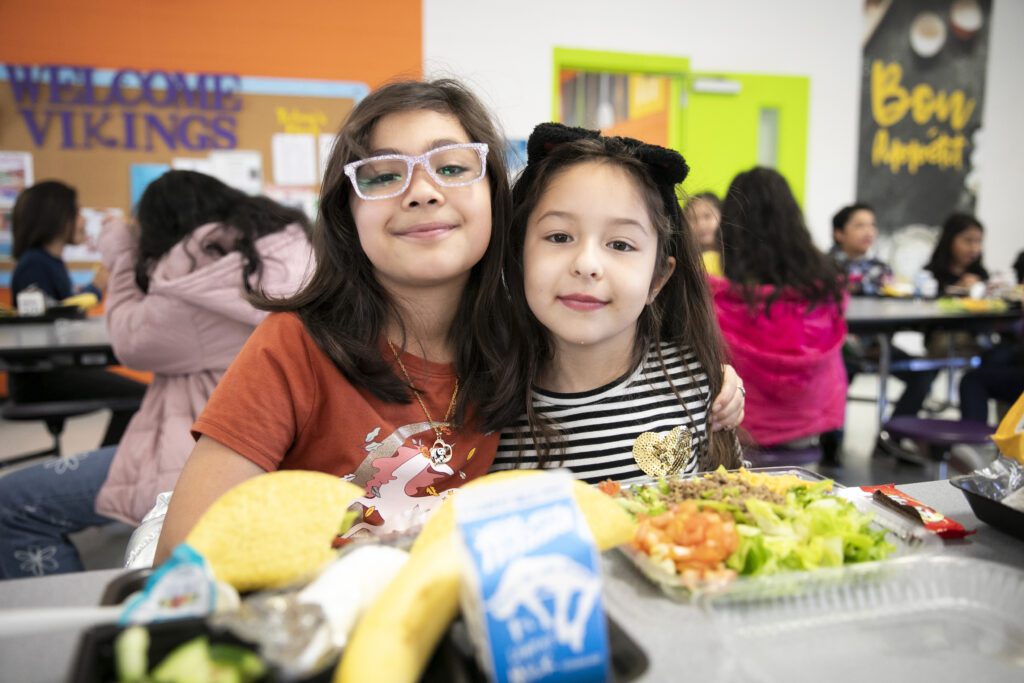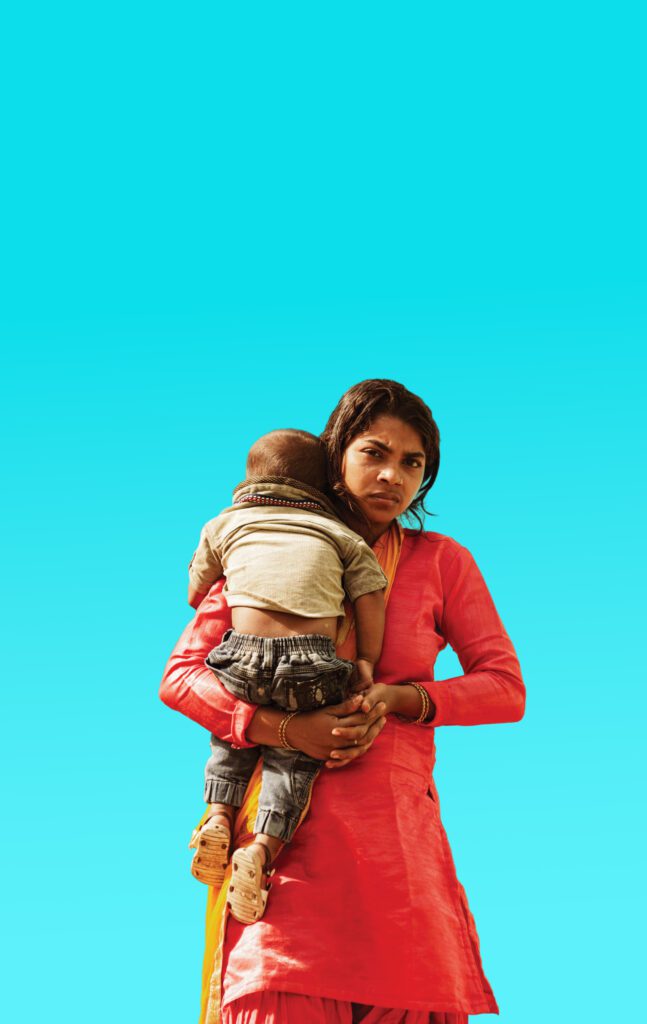
Dr. David Walton has worked with Partners in Health for 12 years and was the person who took us through the general hospital when we were in Haiti at the end of January. He is also a photographer who took more than 2000 pictures documenting the medical aftermath of the earthquake.
I’m including a link to a 4 minute slide show he has prepared @ http://www.pih.org/inforesources/Media/DWalton_video/index.html and which is included on Jim Ansara’s blog (http://jiminhaiti.org/) Dr. Walton was kind enough to share many of his other pictures with me on a thumb drive, some of which may be too graphic for general consumption. But the slide show is a good and representative selection. Besides, you only need to look at a few to see what to understand what Walton’s body of work is saying.
Not surprisingly, the pictures reveal a medical professional’s unflinching eye. Whether the lens is trained on a man with a bandaged head leaning against a car, or an exhausted mother lying on a cot, or the blood soaked bandaged stump of a just amputated leg, the view is clear, calm and centered.
In that sense the photos seem to model what will be required of us all. We cannot turn away. Not from the small Haitian girl on a stretcher clasping a helium balloon, or the tiny nursing baby blissfully unaware of the surrounding trauma, or the shirtless young man leaning on two others as he tries to walk after losing his left leg. We also cannot turn away from the reality that is Haiti. As the images begin to accumulate in our own mind’s eye, they tell us we can’t turn away even when the discomfort and pain become redundant, tiresome, almost numbing. Dr Walton didn’t stop looking. Neither can we.
There is a quiet stillness to these pictures that contrasts with the chaos the earthquake caused. Some of that is the result of a doctor’s steady hand. But some it reflects how time froze the day the ground shook. Not just time in the present as we know time, but also the future it stole from so many.
A large number of the photos show the hands of one person touching another. Sometimes the hands are carrying someone to safety. Some are doctor’s hands performing a procedure. Others show relief workers simply placing a comforting hand on arm or leg. It’s as if Walton is saying we must not only look, but also feel. We must be present with all of our senses.
There are no shortages of images from Haiti. But David Walton probably took more pictures than any other doctor on the scene. He made it his job to not only heal, but to bear witness.


